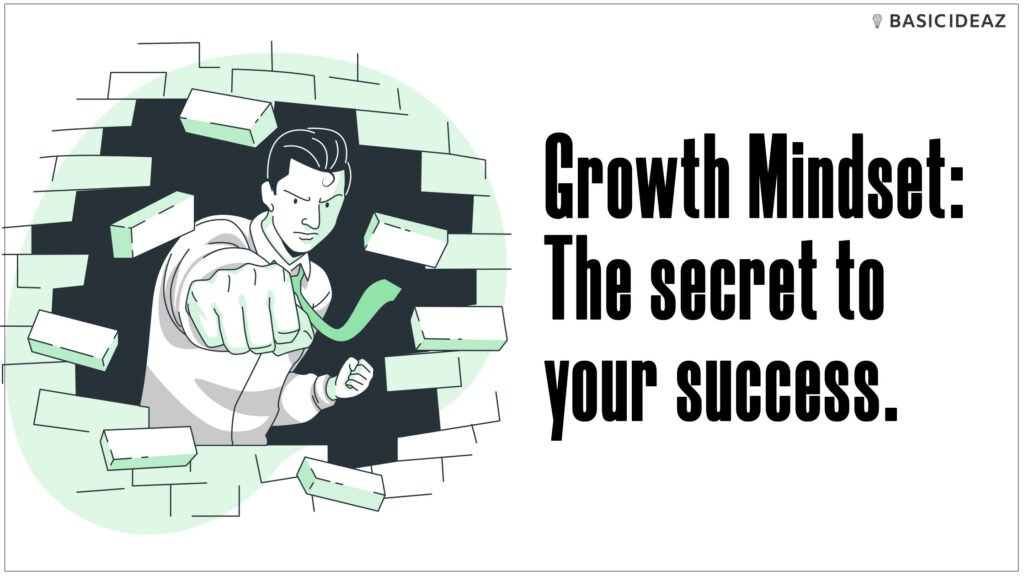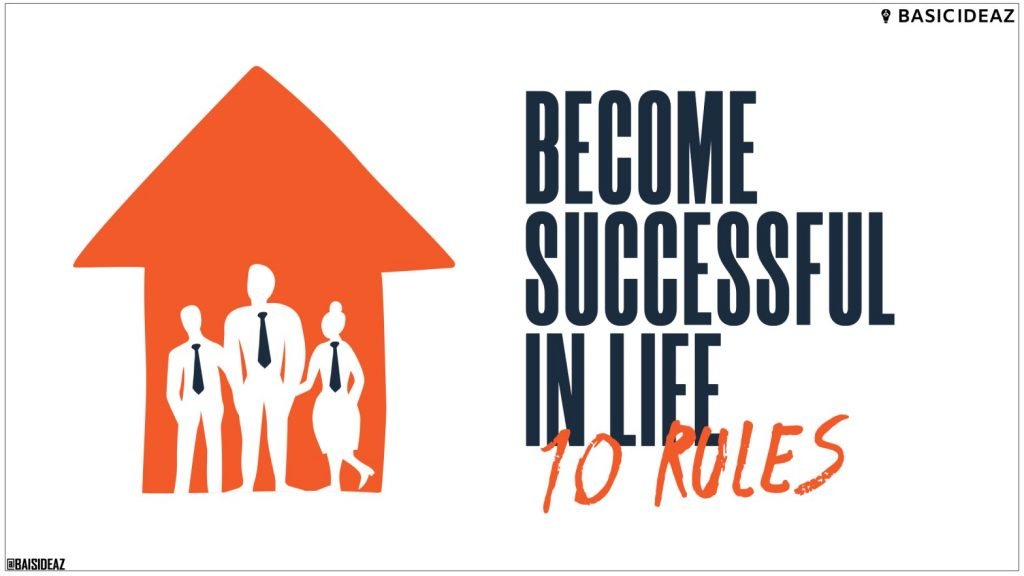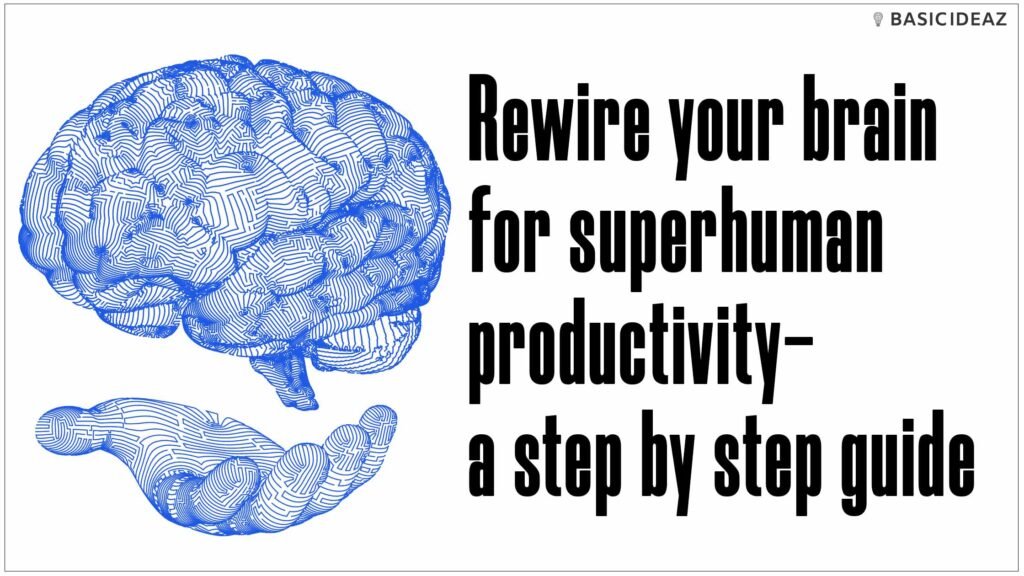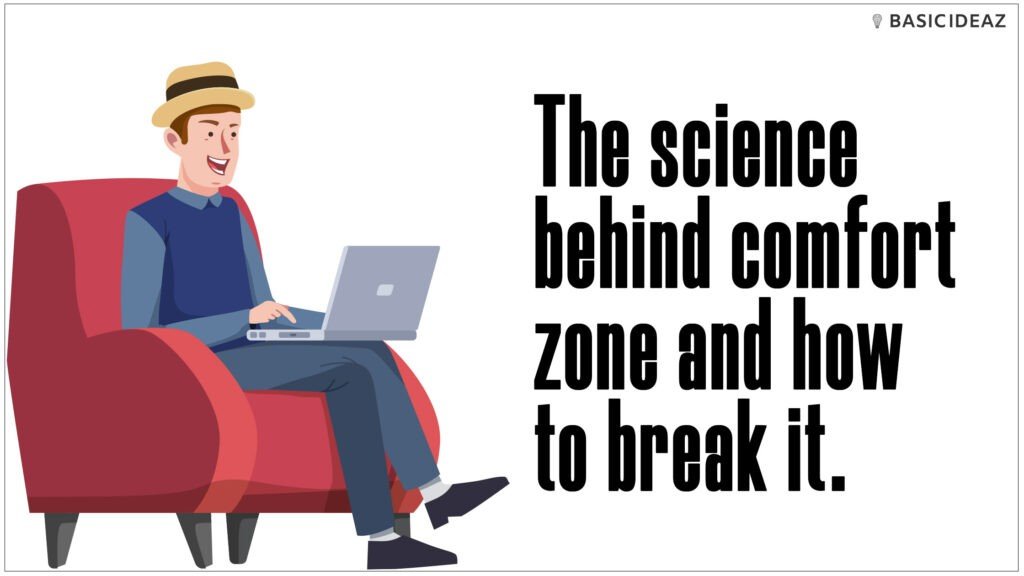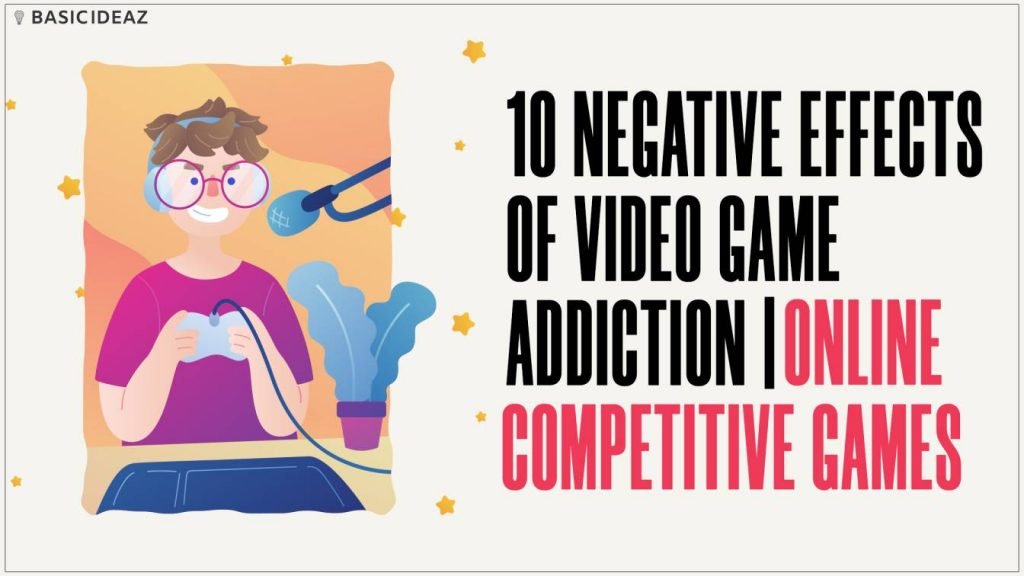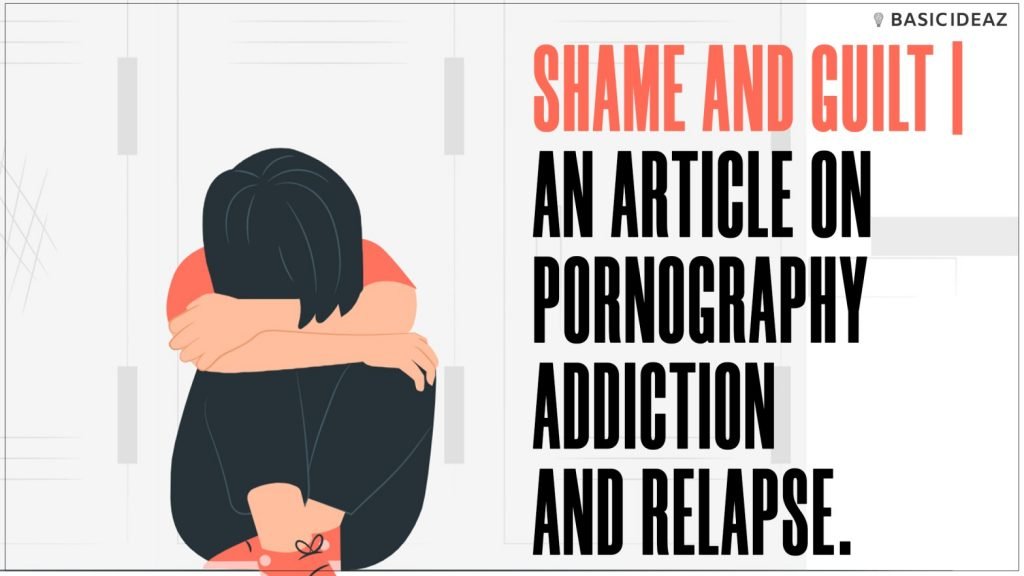10 Confirmed Benefits of Quitting Video Games after 90 Days
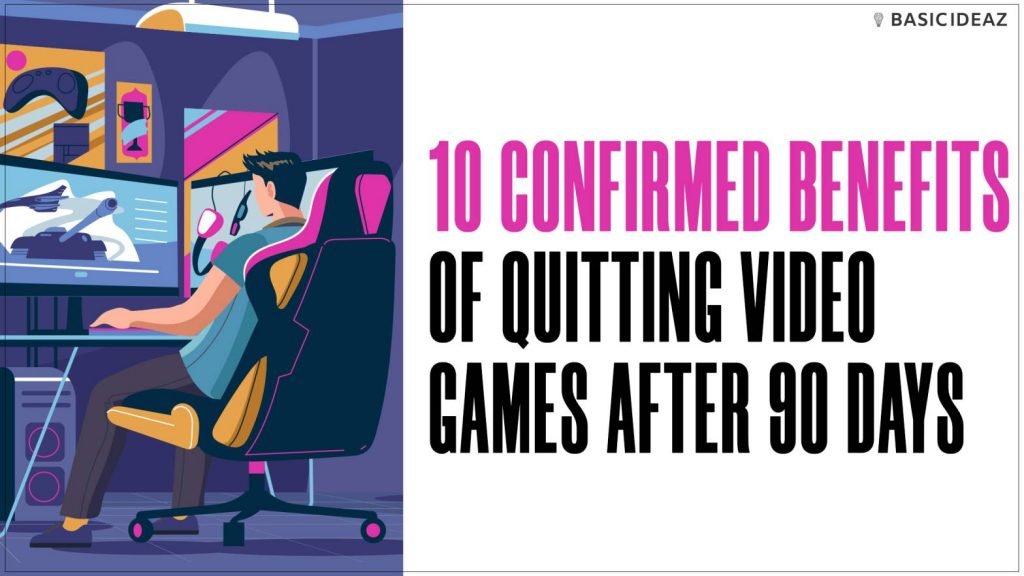
There are many benefits of quitting video games, and the list of benefits will keep growing as long as you live.
This article will deal mainly with the psychological benefits of quitting video games rather than the physical aspects.
Because getting obese because of low to no physical activity or skipping food and affecting your health is easily distinguishable.
But, the mental health that excessive video game affects the most are intangible and cannot be seen.
Though, a person who is a video game addict can feel the deterioration of his mental health and how it is affecting his life.
Most of the time, people don’t know that playing excessive video games is a problem.
They don’t believe in video game addiction.
According to them, they are just having fun and can stop playing video games whenever they want.
Now, I am not saying video games are bad.
I even support video games.
I play video games too, but the addictive nature of video games is what we should be worried about.
Once you finish the complete article, it will make sense to you.
Let’s start:
Get Quality Self Improvement Articles Every Week, No Spam, No Ads.
Thank you!
You are added to the community of Basicideaz.
1. Enjoy the Little Things in Life
The first benefit of quitting video games is to enjoy the little things in life.
When is the last time you sit under the sky on a windy evening and let the wind ruffle your hair?
When is the last time you wake up early in the morning and listen to those chirruping birds that put a smile on your face?
When is the last time you hopped in happiness?
When is the last time you felt good while interacting with others or a family member?
Yes, quitting gaming does that.
Video games are highly stimulating. It means, playing video games gives a high spike of the neurotransmitters that are responsible for our emotions.
The higher the spike, the deeper your emotions will be.
For example, a high spike of dopamine makes you feel extremely pleasurable and motivated.
The spikes never last long, and it goes down as soon as the activities are over.
So, to have constant or frequent spikes, you need to play that video game continuously.
You play that video game to keep yourself pleasurable for a long time.
Once you repeat an activity repeatedly, the brain registers that activity as essential and starts to build strong neural pathways to our reward circuitry.
The spikes from playing video games are so high that other activities like watching the sunset or reading a book cannot compete.
The brain always wants the best.
Playing video games is the best, according to your subconscious brain.
Once you stop playing video games, the strong neural pathways start to shrink, and your natural pathways come back to life again, like enjoying a walk by the beach.
2. Increase in Capacity to Love
We are a lot of things in the digital world. We slay the enemies, carry our teams to victory, find treasures and achieve milestones that make us feel great.
But these achievements and great feelings are only for the digital world.
In the real world, we avoid our responsibilities, avoid social interactions, and have no real achievements compared to video games that can boost our pride.
This creates depression.
When you can’t control your mind, your mind starts to control you.
No one is happy in a cage, and living a life according to your impulses is worst than living in a cage.
Once you quit video game addiction, you find freedom, and this brings happiness.
A sense of control starts to surface in you, and your hope starts to return.
You become optimistic, and the capacity to love others becomes visible in your behavior.
Moreover, there are biological reasons that increase your capacity to love.
After quitting video game addiction, your dopamine level starts to balance back to normal.
This may take 45 days to 18 months, based on your history of playing video games.
Once your dopamine level starts to balance back, you feel joy in the smallest activities.
You find joy talking with people, becoming social, and enjoying the slow pleasure of human interaction.
This, in return, increases the capacity to love people, your family, relatives, or the person you love romantically.
A person who is a video game addict also craves love but to satisfy his needs. He has nothing to give.
This neediness reflects in his behavior, and he ends up losing most of the people in his life.
If you can’t believe what you have just read, you can quit video game addiction for 45 days and see the result for yourself.
3. Increase in Self-Confidence
After 90 days of quitting video games, the biggest benefit anyone can notice in himself is the gradual increase of self-confidence.
Self-confidence is vital to living a happy and successful life.
But what shatters our self-confidence in the first place? Why we lose confidence as we grow up? And How quitting video game has to do anything with self-confidence?
Your self-confidence shatters when you stop trusting your brain.
Perhaps in childhood, you wanted to do something, and your parents or any other important people in your life said that you couldn’t do it.
Perhaps, you wanted to achieve something in the past, but you failed despite working hard.
Perhaps, you learn coping with problems with substitute activities since childhood whenever you felt helpless.
Let me explain the last example.
In childhood, there were times when you felt helpless. There was nothing you could do about the situation.
There was no control in your hand.
Maybe your parents were abusive and had constant fights among themselves.
You couldn’t do anything and hide in your room until the fight was over.
So, you decide to watch pornography until the fight is over. At least there is something to make you happy in a helpless situation.
Whenever there are situations that make you feel helpless, you try to cope with the situations with substitute activities like smoking a cigarette, drinking alcohol, or playing video games.
This is how your brain got rewired, and you feel powerless when you feel this helplessness in you.
You know you don’t want to smoke, you don’t want to drink or play video games, but you do anyway.
You don’t trust your brain anymore because you are living an impulsive life.
Once you can quit video games, the trust returns. You start to live a conscious life rather than taking impulsive actions.
It boosts your self-confidence, and it keeps getting stronger day by day.
4. Developing Patience
Dopamine surges on the expectation of a reward.
The bigger the reward, the higher the spike of dopamine. Again, it is not the reward itself that makes you happy and excited, but the expectation of having it as soon as possible.
If you have ordered your favorite pizza, perhaps you experienced the excitement until the delivery boy arrives.
The excitement of going on a date with your crush.
The excitement of buying a car or packing your bags for a vacation.
All these are known as ‘dopaminergic thrill.’
When you practice everyday dopaminergic trill over and over again, it becomes a habit.
You need that quick boost of happiness as soon as possible.
Playing video games does that.
The expectation of reward in video games is never-ending. You never know when you are going to get tressure or face an enemy.
In competitive games, you never know the outcome of each round.
There is this constant rush in your brain that demands pleasure.
You can’t watch a five-minute video now, you can’t cook your own food now, and definitely, you can’t read a book.
These slow-moving activities are no match to the constant rush of video games.
You do things that give you quick pleasure and avoid those where the gratification is delayed.
You become impatient.
Once you quit video games, the rush slows down.
You start to develop patience in your life. You don’t feel that rage once things are not going according to your plans.
You remain quiet and focus on the problem because now you know good things come slow, and delayed gratification is an integral part of success and happiness.
5. Increase in focus/ Mental Clarity
One of the most significant benefits of quitting video games is developing focus in your life.
I am not talking about concentration.
Focus and concentration are different.
Concentration is the ability to have sustained attention on an activity for a period of time.
Focus, on the other hand, comes with the bigger picture.
What do you want to do in life? What are the things that matter? Are you wasting your energy on the wrong activities?
Focus is like mental clarity, which tells you where you should pay attention to.
If you want to become a writer or music composer, but you have doubts about yourself, try quitting video games for a month or two.
Quitting video games declutter your mind from all the junks and clarify your goals.
How quitting video games do that?
Perhaps, once you wanted to become a VFX artist. But, becoming a VFX artist need practice of thousand of hours to hone your skills.
Although you did practice for hours before, now all you do is play video games everyday for hours and have less time to practice.
You don’t want to play video games and want to practice your 3D modeling to become a VFX artist.
But, whenever this urge hits you to play video games, your judgments and logical thinking shut down.
You don’t care about the consequences for that moment and double click on your favorite gaming icon.
At the end of the day, you regret wasting another day.
This conflict of interest between your conscious and subconscious mind clutter your brain with self-doubt and guilt.
Once you quit the video game for 90 days, your focus returns.
Try it.
Get Quality Self Improvement Articles Every Week, No Spam, No Ads.
Thank you!
You are added to the community of Basicideaz.
6. Boost in Productivity
Boost in productivity may be the number one benefit that comes to mind when we think about quitting video games.
We assume our productivity will increase because we will have more free time if we quit video games.
Yes, it true that a lot of productive time increases because of quitting video games, but that is not only the case.
The other and the more prominent reason our productivity increases because of quitting video games is the increased amount of joy we find in our work.
Once, you were passionate about playing guitar or reading books, but your passion starts to die after playing excessive video games.
People will say if you don’t like it, then perhaps that was not your passion anyway.
They define passion as something we are born to do, something that should automatically come to us, and we never stop doing it.
Moreover, if a person follows his passion, he should feel alive, he never gets tired, and if you are having a second thought regarding your passion, perhaps that was not your passion in the first place.
All these claims are true, but this stage of passion comes after a certain period.
Most passions start with mild interest. The interest converts into a passion over time after repeated practice.
The path to convert your interest into a passion can be hindered by addictive activities like playing excessive video games.
Why?
Because the reward you receive from video games, drugs, or pornography is way higher than compared to your newly found interest.
Once you quit video games, you find other activities are as rewarding as before.
The more you find other activities rewarding, the more you will practice.
7. Boost in Self-Esteem
The next benefit of quitting video games is the boost in your self-esteem.
But, what is self-esteem?
Let’s keep it simple.
Self-esteem is the confidence you have in your ability to complete your responsibilities and the belief that you are worthy of happiness.
Self-esteem comprises two things.
Self-efficacy and self-respect.
Self-efficacy is the belief in one’s ability to succeed in a specific situation or specific task.
A person having self-efficacy trusts his brain and body.
On the other hand, a person having self-respect believes he is worthy of happiness, and happiness is his birthright.
Both self-efficacy and self-respect are essential to living a happy and successful life.
When a person has low self-esteem, he suffers unhappiness, multiple failures, depression, relationship failure, etc.
When we play excessive video games, we start to avoid our responsibilities.
We do not meet the demand of our reality.
Avoiding responsibility is a sure way to decrease your self-esteem over time.
Moreover, we start to live an unconscious life.
We focus on what makes us instantly happy and avoid those that are delayed.
Living an unconscious life leads to low self-esteem because you cannot develop self-efficacy and self-respect unconsciously.
Yes, self-esteem is not fixed, and you can improve your self-esteem over time.
Start meeting the demands of reality, and your self-esteem will increase.
If the demand of reality is to quit video games and focus on fulfilling your responsibilities, you should do that.
That’s how you can boost your self-esteem.
8. Disappearance of Social Anxiety
This benefit of quitting video games is known to all.
But, social anxiety can be genetic.
Though it’s genetic or not, video games do add fuel to our social anxiety.
People who are not born with social anxiety can also develop this disorder over time.
Why is that?
The brain circuits for social interaction are never developed when we spend most of our time online.
Sure, some claim playing online multiplayer games makes you more social and improves your self-esteem.
But, these interactions with people in the gaming world or achievements are only in the digital world.
In real life, we don’t talk to people face to face.
We achieve nothing to proud of and bury our minds in the next quest or the next level to go up in ranking.
Moreover, social interactions are not as rewarding as video games, according to a video game addict.
When we don’t feel something interesting, we tend to avoid it. That’s how our mind works.
If talking with other people is not rewarding in the first place, why we will try to interact with anyone.
This leads to social distance.
Again, social distance creates anxiety in ourselves.
Humans are social animals because of our ancestors.
We lived in a group for survival, and once someone is thrown out of the group, the individual probably suffered severely because of the harsh environment back then.
Now, once a person starts to avoid interactions with others, the old circuitry in our brain never develops.
This leads to social anxiety.
The good news is, once we quit video games, we find talking with other people rewarding again.
The more we talk, the better we become at social interaction.
9. Character Development
We cannot achieve success more than the limit of our character.
A character that is weak, lives on impulses, and cannot fulfill the demands of reality will invite failures in his life.
Without a strong character, few lucky ones climb the success ladder, but their triumphs were short-term.
They eventually fall back to their older self.
A weak character may have skills and talents, or maybe he is hardworking, but that doesn’t define character strength.
There are numerous cases where people achieve success overnight, but over time, they go homeless, divorced, addicted to drugs, etc.
So, what are the qualities that define a strong character?
The qualities are accepting responsibilities, integrity, courage, assertiveness, etc.
The person who does the right thing at the right time, irrespective of his emotions, is defined as a strong character.
Once you decide to quit video games, and you do it, you have taken a step towards developing a strong character.
You are doing something with your conscious mind, and you are succeeding despite your emotions.
You are doing the right thing at the right time.
Quitting video games indicates you are taking steps for a better future; you are on the path to self-development.
10. Creativity
This is something I personally experienced after quitting video games.
A healthy and focused mind is always creative.
A happy mind is always creative.
When I used to play video games, I couldn’t write my stories. I thought I was having writer’s block or something.
Once I quit, the passion for writing starts to come back.
The more time I spent on thinking and writing, the more ideas start to flow.
This is how our brain works.
The more time you spend on something, the more you think about it.
I cannot tell the science behind creativity or where creative ideas come from, but I can assure you that once your natural happiness returns, you become more creative than ever.
When is the last time you did something creative that you are proud of after starting playing video games?
Moreover, video games consume a vast amount of time in our everyday life.
How much time are you playing?
How is your productivity level?
Have you noticed any changes in your creative work recently?
There are many benefits of quitting video games, but creativity can be the most crucial benefit of all.
Because, without creativity and imagination, what are we?
Conclusion
The benefits of quitting video games can differ from person to person.
I am not saying playing video games is bad; I am saying that video game addiction is bad, just like any other addiction.
Most of us don’t admit we have video game addiction.
Ask yourself this, are you playing repeatedly every day despite knowing it is harming you or your work?
Are you playing video games to cope up with your stress or anxiety?
Is there any kind of emotions, frustration, or helplessness attached to your video gaming?
Do you promise yourself to quit every night, but the next day you just go back to your games?
If the answers to most of these questions are yes, you need to take steps for your gaming.
Because you are more than your impulses, you are more than your addiction, and you can bounce back at any second in your life.
You can be whatever you dream of becoming because you have unlimited potential in you.
It is just that video games have shrouded your mental clarity for now.
Once you realize your potential, you will be unstoppable.
And quitting video games do that.
Best
Get Quality Self Improvement Articles Every Week, No Spam, No Ads.
Thank you!
You are added to the community of Basicideaz.
